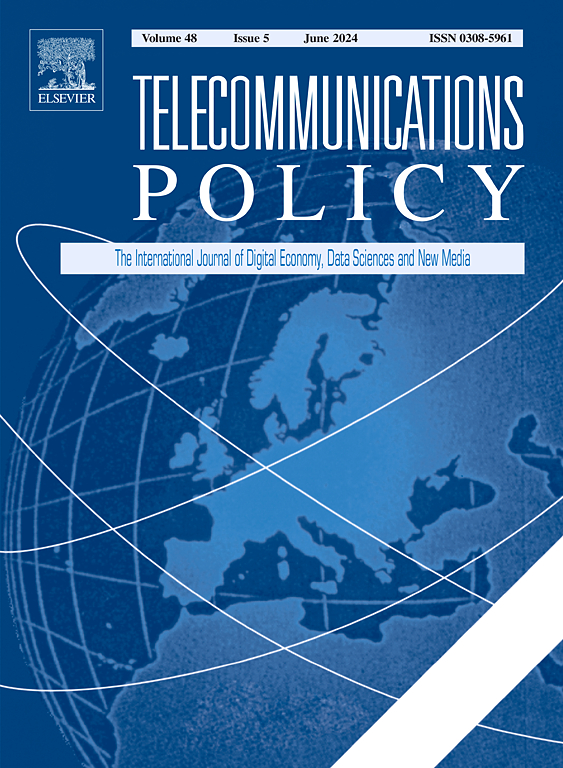Into the next generation of digital protection: AI resiliency as a public responsibility
IF 6.4
2区 管理学
Q1 COMMUNICATION
引用次数: 0
Abstract
Even as the reliability of networks has risen, their control mechanisms up in the hierarchy of digital activities have become more vulnerable. Artificial intelligence algorithms are increasingly embedded in infrastructure and economic systems and their resiliency is essential for social and economic stability. This has led to widespread dystopic fears and defensive regulations, ignoring the considerable positives of AI-enhanced activities and institutions. AI resiliency problems include hardware failures, natural calamities, human error, software defects, and external attacks. AI networks of AI networks have emerged with high interdependence and complexity. Operations are often non-transparent ‘black boxes’ operating at lightning speeds, and hard to oversee or fix by humans. Most likely is a control of AI by other AI. This raises the question of human responsibility. The article examines various responses, including technology tools, managerial actions, self-regulation, and a role for government. The latter include rules evolving with technology and applications in a dynamic common law approach for liability, transparency, performance, market structure, interoperation, and more. Needed are principles for a ‘shared intelligence’ of humans with AI, with clear protocols for human overrides of AI. All this raises a new agenda for policymakers, managers, and researchers.
进入下一代数字保护:作为公共责任的人工智能弹性
即使网络的可靠性有所提高,它们在数字活动层级中的控制机制也变得更加脆弱。人工智能算法越来越多地嵌入基础设施和经济系统,其弹性对社会和经济稳定至关重要。这导致了广泛的反乌托邦恐惧和防御性监管,忽视了人工智能增强活动和机构的巨大积极作用。人工智能弹性问题包括硬件故障、自然灾害、人为错误、软件缺陷和外部攻击。人工智能网络的人工智能网络已经出现,具有高度的相互依赖性和复杂性。操作通常是不透明的“黑匣子”,以闪电般的速度运行,很难被人类监督或修复。最有可能的是AI被其他AI控制。这就提出了人类责任的问题。本文考察了各种应对措施,包括技术工具、管理行动、自我监管和政府的角色。后者包括在责任、透明度、绩效、市场结构、互操作性等方面,以动态的普通法方法,随着技术和应用的发展而演变的规则。我们需要的是人类与人工智能“共享智能”的原则,以及人类凌驾于人工智能之上的明确协议。所有这些都为政策制定者、管理者和研究人员提出了一个新的议程。
本文章由计算机程序翻译,如有差异,请以英文原文为准。
求助全文
约1分钟内获得全文
求助全文
来源期刊

Telecommunications Policy
工程技术-电信学
CiteScore
10.80
自引率
12.50%
发文量
122
审稿时长
38 days
期刊介绍:
Telecommunications Policy is concerned with the impact of digitalization in the economy and society. The journal is multidisciplinary, encompassing conceptual, theoretical and empirical studies, quantitative as well as qualitative. The scope includes policy, regulation, and governance; big data, artificial intelligence and data science; new and traditional sectors encompassing new media and the platform economy; management, entrepreneurship, innovation and use. Contributions may explore these topics at national, regional and international levels, including issues confronting both developed and developing countries. The papers accepted by the journal meet high standards of analytical rigor and policy relevance.
 求助内容:
求助内容: 应助结果提醒方式:
应助结果提醒方式:


